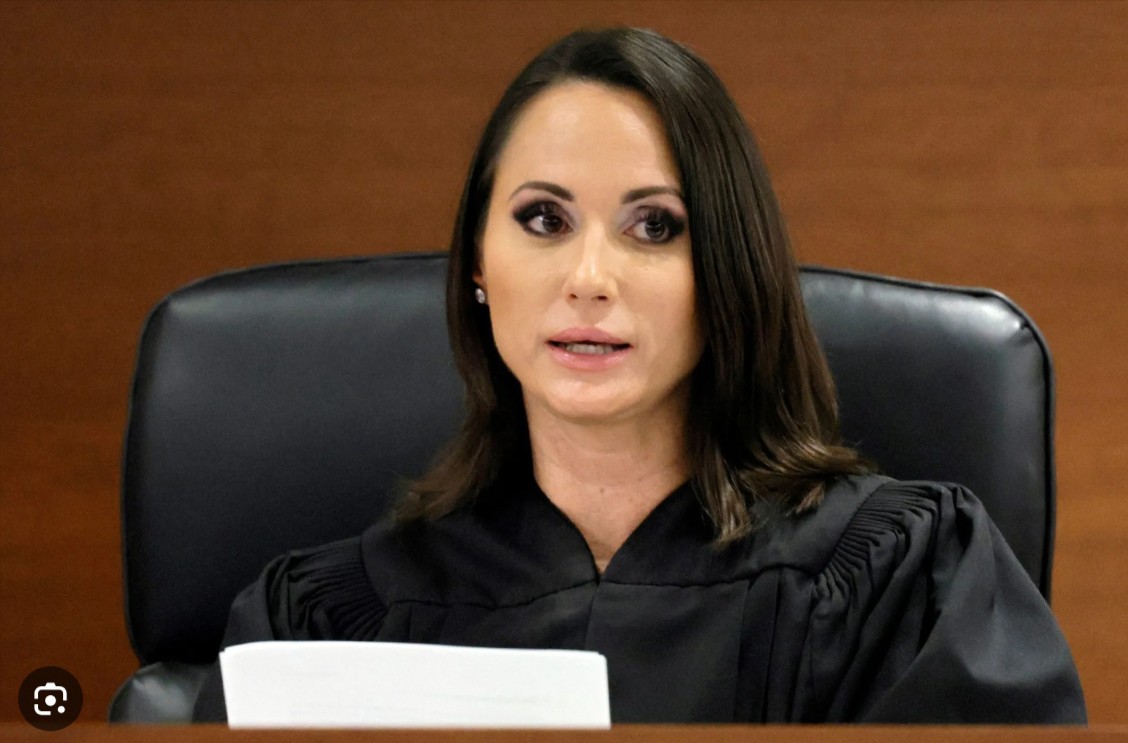A Stark Reminder that Judges Must Remain Impartial
In a momentous decision that impacts our understanding of judicial conduct and the right to a fair trial, the Florida Supreme Court has publicly reprimanded Circuit Judge Elizabeth Scherer for showing bias during the trial of Parkland school shooter Nikolas Cruz. This event, as reported in an article by AP News, is a stark reminder of the importance of judicial impartiality, a cornerstone of our legal system.
The Case Background
Nikolas Cruz was sentenced to life in prison in 2022 by Judge Scherer for murdering 17 people at Marjory Stoneman Douglas High School in 2018. However, the conduct of Judge Scherer during the trial, characterized by the Judicial Qualifications Commission as biased and emotional, has now drawn the ire of the Florida Supreme Court.
The Alleged Bias
The Judicial Qualifications Commission found that Judge Scherer violated several rules governing judicial conduct. For instance, she was reported to have “unduly chastised” Cruz’s public defense team, was seen embracing members of the prosecution after the trial, and even wrongly accused one of Cruz’s attorneys of threatening her child. These actions not only deviated from standard judicial conduct but raised serious questions about the impartiality of the trial.
The Essence of Judicial Conduct
In criminal defense, a fair trial is everything. The role of a judge is critical in ensuring the integrity and impartiality of the trial process. In this case, the Judicial Qualifications Commission asserts that even under the immense stress caused by the global publicity surrounding the case, it is essential for judges to uphold the principles of due process, order, and decorum. Judge Scherer’s actions, it appears, violated this fundamental duty, thereby casting a shadow over the proceedings.
The Supreme Court’s Decision
The Florida Supreme Court’s unanimous decision to reprimand Judge Scherer underscores the significance of judicial conduct. The Supreme Court’s stand sends a clear message: irrespective of the gravity or public interest in a case, a judge must maintain decorum and impartiality at all times.
The Takeaway for Defendants and Defense Attorneys
From a defense lawyer‘s perspective, this reprimand highlights precisely why the judge’s role is so vital. The scales of justice must balance for all parties to feel heard and accept the outcome, even in heartbreaking cases. When victims justifiably vent their grief and anger, the judge must maintain order and decorum. This allows the defense to do its job of providing zealous representation, benefiting both the accused and the justice system itself.
Scherer’s farewell hugs with the prosecution team, however well-intentioned, created an appearance that she was personally aligned with the state against the defendant. Such perceived alliances, even if unintentional, undermine confidence in verdicts. The public understandably sympathizes with grieving victims and applauds prosecutors punishing society’s worst offenders. But judges must rise above these passions, following the law and Constitution.
This reprimand reminds the judiciary they must hold themselves to the highest standards, even when sympathies cut against them. The law cannot sway based on public pressure or heartache over appalling crimes. Written objectively and applied dispassionately, it is society’s best hope for justice. Judges are people too, but they must sublimate feelings to uphold justice’s integrity. With this admonishment, the Supreme Court stressed that core mandate. Judges everywhere would be wise to heed its lesson.




